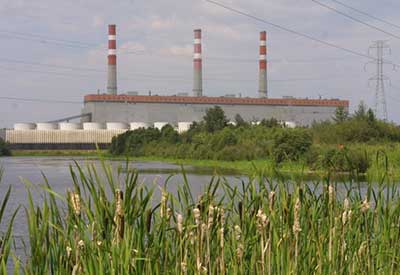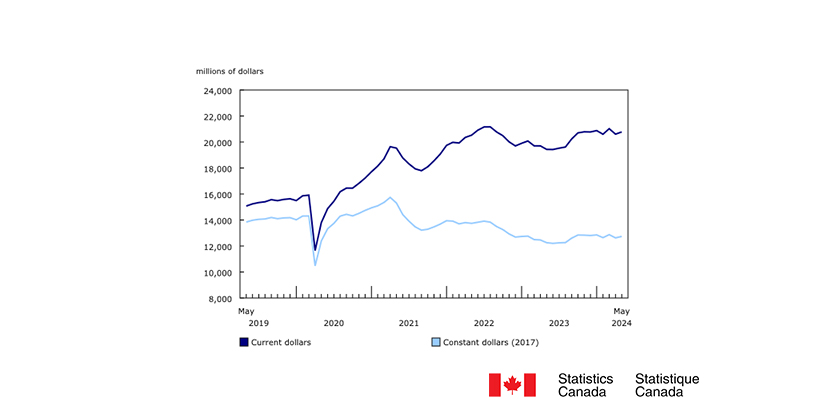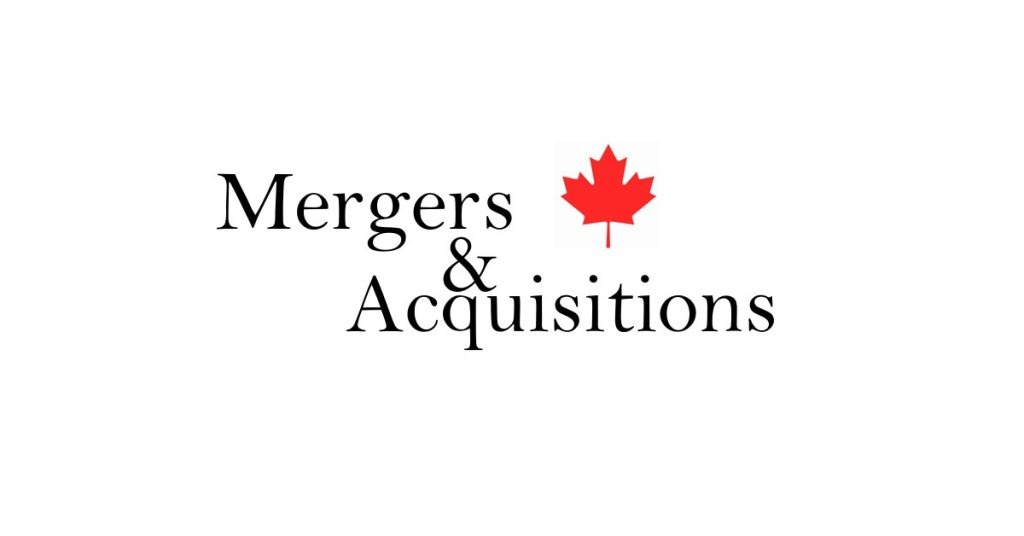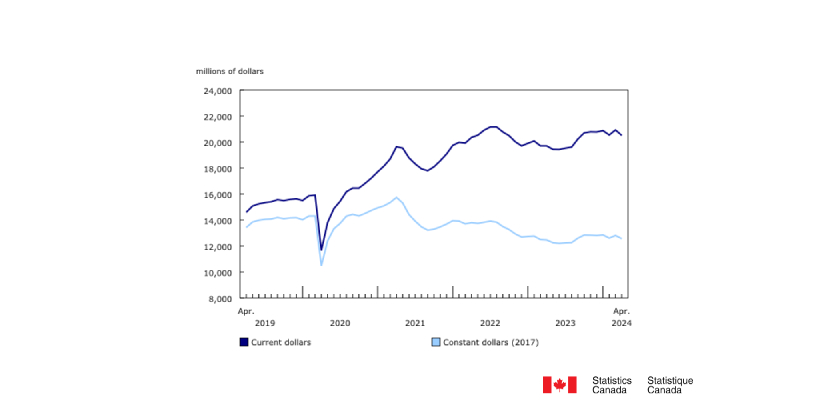BC Economic Forcast Council Projects Moderate Rebound for 2021-22

Mar 8, 2021
British Columbians can expect a slight rebound and moderate growth in the economy in 2021 with further growth in 2022, following unprecedented economic impacts caused by the COVID-19 pandemic, according to new projections from the Economic Forecast Council.
“Like all provinces, people in B.C. have weathered a year unlike any other. The pandemic has required significant changes to the way we conduct day-to-day business, and those changes have affected workers, businesses, households and the economy as a whole,” said Selina Robinson, Minister of Finance. “I am encouraged to hear the economic forecasts signal our government is on the right path and poised to seize the opportunities that recovery will offer, but we also need to be realistic about the long road ahead. Our priority will continue to be responding to the needs of people, businesses and communities, during the pandemic response and into recovery.”
The Economic Forecast Council estimates B.C.’s real gross domestic product (GDP) declined by 5.1% in 2020. The council predicts growth of 4.7% in 2021 and 4.3% in 2022.
Since the economic low point of the pandemic in April 2020, British Columbia has had nine consecutive months of job growth. The province’s unemployment rate remains above pre-pandemic levels but is below the national average. The Province has retained its status as the only province with triple-A credit ratings by the three international ratings agencies, further signalling prudent fiscal management.
At the onset of the pandemic, the B.C. government responded to support people, businesses and communities, through measures like worker benefits, income and disability assistance top-ups, and temporary tax reductions and deferrals. In September 2020, the Province announced targeted investments through the StrongerBC Economic Recovery Plan to help get British Columbians back to work, while supporting the infrastructure, services and shared growth needed for B.C.’s economic recovery.
The Economic Forecast Council discussed current events and issues affecting British Columbia’s economy and forecasts, including:
COVID-19 impacts over the short and medium term, as well as industry-specific impacts, gender-based analysis and other intersections across the economy;
government policies to support economic recovery and maintain fiscal discipline;
policies and vaccination timelines in B.C., Canada and the rest of the world;
housing affordability and resilience in homebuying;
LNG and other industry opportunities; and
uncertainty surrounding the global outlook and restrictions around trade.
The Economic Forecast Council consists of 13 independent forecasters from banks, financial institutions and independent organizations across Canada. The council gathers once a year with the minister of finance to offer economic advice in advance of each year’s budget and fiscal plan.
The council’s economic forecasts will be presented with the B.C. government’s updated forecasts in Budget 2021.
Quick Facts:
The Ministry of Finance’s Fall 2020 Economic and Fiscal Update, released Dec. 17, 2020, showed prudent real GDP projections of a 6.2% decline in 2020, followed by a 3.0% gain in 2021.
B.C.’s Fall 2020 Economic and Fiscal Update forecast the provincial deficit at $13.6 billion for 2020-21.
Learn More:
For more information on StrongerBC, visit: https://strongerbc.gov.bc.ca/
For information about BC’s Restart Plan, visit: http://gov.bc.ca/restartbc
For information on services and benefits available to help people and businesses throughout the pandemic, visit: www.gov.bc.ca/COVIDgovernmentbenefits

















